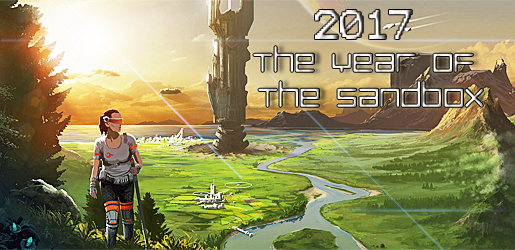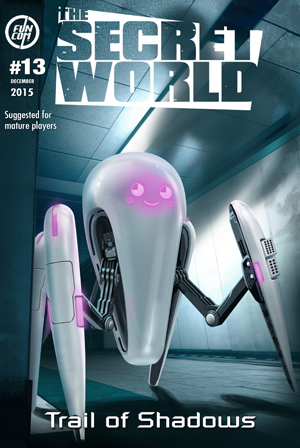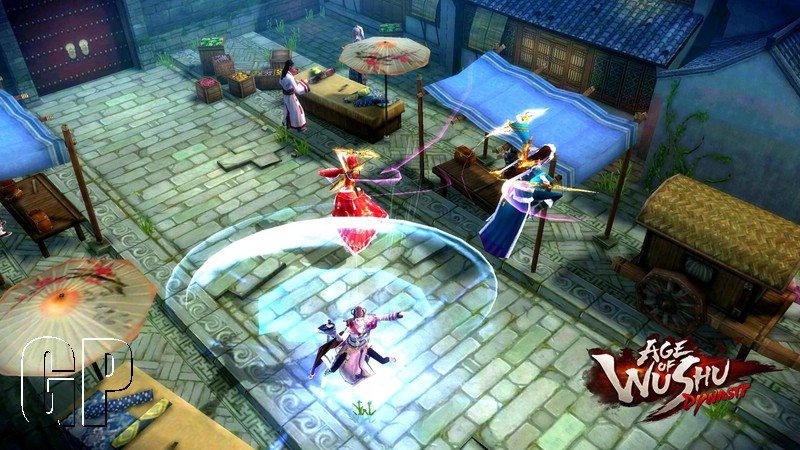Age of Wushu: Jianghu System and Relationship Building
In the past, Snail Games has talked about the the combat and quests in Age of Wushu, but there is deep and enriching system for building personal relationships between players and their circles. This interactive relationship adds a deeper element to an already immersive game. The Jianghu System attaches great importance to relationships by placing values on actions performed in game. These actions create a unique dynamic in the world.
Basics of the Relationship Interface
There are Seven Relationship Types in Age of Wushu:
-Close Friend
-Friend
-Follower
-Acquaintance
-Enemy
-Blood Enemy
-Blacklist
These relationships have their own functions, some even have their own metrics. Friends and Close Friends are measured by Intimacy, while Enemy and Blood Enemy use Hatred. Sending gifts and teaming up for instances increases intimacy, just as Kidnapping and Killing players increases hatred and reduces intimacy. Making an Enemy is a one-sided affair. After a player is killed, they can add someone to their Enemy list. Players on an Enemy List cannot join in teams or receive gifts from the person that added them to the list. However, drinking Friendship Wine together can help resolved differences, and allow players to bond once more. Any further killing only deepens the animosity between players until they become Blood Enemies.
Character Personality Tags
Age of Wushu incorporates the branding of player’s personalities as well. Based on players’ actions in game, this tag is reviews and sorts them into one of four different tags: Heroic, Maniacal, Evil, & Sinister.
Heroic
Characters with a higher Chivalry than Guilt rating merit the “Heroic” Tag. Acts have different weight: chivalrous actions such as completing the Faction Challenge, killing a boss, helping the needy, killing kidnappers, or rescuing a dying person are ways in which to gain Chivalry.
Evil
Players with a higher Guilt than Chivalry rating have the “Evil” Tag. Players increase their Guilt rating by kidnapping, raiding escort caravans, human trafficking or killing a chivalrous player. When a player’s name becomes red, the Constable will attempt to send them to prison.
Judging both good and bad is often complex, as there are characters who are Chivalrous yet also steal. In Age of Wushu this sort of character falls under the title of “Evilness,” measured by an Evilness value, or “Arrogance,” measured by a Madness value. Different titles are awarded based upon the difference between Evilness and Madness values.
Character labels affect how teams are labeled. The tag associated with the strongest player on a team determines if the team is labeled as having Heroic, Sinister, Evil, or Maniacal. The tag or reputation of a character changes others perceptions. They can unlock new titles and costumes, raise school reputation, and unlock unique Random Encounters.








